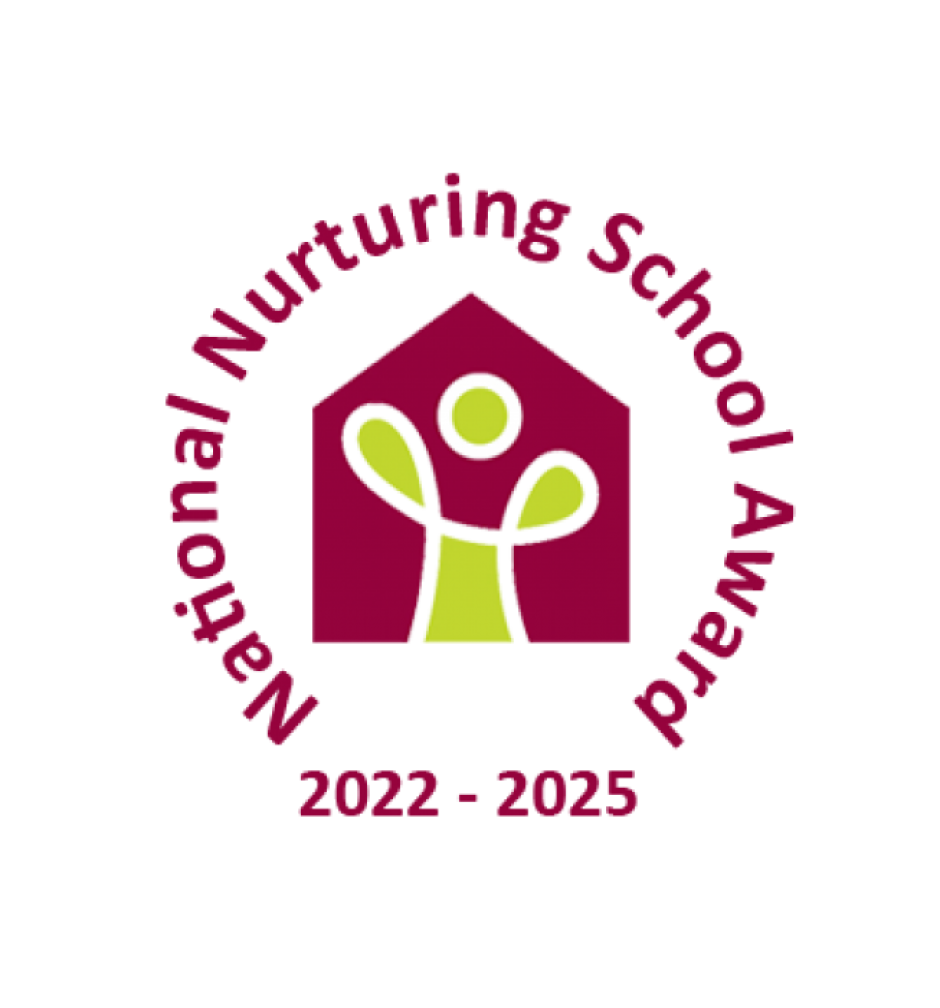Nurture

Nurture
In Seaview, we adopt the Nurture principles in every aspect of our provision.
What is Nurture Provision?
Nurture groups are founded on evidence-based practices and offer a short-term, inclusive, focused intervention that works in the long term. Nurture groups are classes of between six and 12 children or young people in early years, primary or secondary settings supported by the whole staff group and parents. Each group is run by two members of staff. Children attend nurture groups but remain an active part of their main class group, spend appropriate times within the nurture group according to their need and typically return full time to their own class within two to four terms.
Whole School Nurture Provision
We understand and appreciate that children’s emotional and mental well-being is critical to success in school. Our outstanding Pastoral Care to the pupils, with our emphasis on meeting the needs of the most vulnerable, is reflected in a meaningful way through our whole school approach to Nurture Provision.
Simply put, 'Nurture' means to nourish, educate, help and grow. This is what all school life is about. Nurturing is especially valuable for young pupils who may find school too long, too challenging and who may be overwhelmed.
Nurture is the opportunity to develop one-to-one relationships between staff and children. In our school, trust, sharing, caring, turn-taking and building self-esteem will be central.
Parents benefit by being involved and welcomed in the school, in seeing the improvement in the children’s learning, behaviour, confidence and attendance. A better outcome for their children both in and out of the school and classroom.
Communities benefit from having a school that wants to be at the heart of the community and demonstrates its central role in children and young people’s lives.
Our children know the importance of The 6 Principles of Nurture:
- Children's learning is understood developmentally
- The classroom offers a safe base
- The importance of nurture for the development of wellbeing
- Language is a vital means of communication
- All behaviour is communication
- The importance of transition in children's lives.
Some of the Nurturing approaches we use are:
ï‚· Building positive relationships
ï‚· House System, encouraging team work and personal achievements
ï‚· “Lighthouse Room” targeted group sessions
ï‚· “Nurture Talk” activities
ï‚· “Lego Build to Express”
ï‚· “Mindful Minutes” and “Sensory Minutes”
ï‚· Collaborative group tasks and Play-Based Learning
ï‚· Weekly awards and achievement celebrations
ï‚· Partnership working with Barnardo’s
ï‚· Whole school daily breakfast club
ï‚· Regular after school clubs offered to all stages
ï‚· Primary 7 Buddies
ï‚· Parent Support Groups – stress/relaxation workshops
ï‚· Class/School/Playground/Lighthouse Room Charters
ï‚· Feelings Charts
Seaview Primary School and Nursery Unit, Seaview Drive, Belfast BT15 3NB Phone: 028 9037 0114

